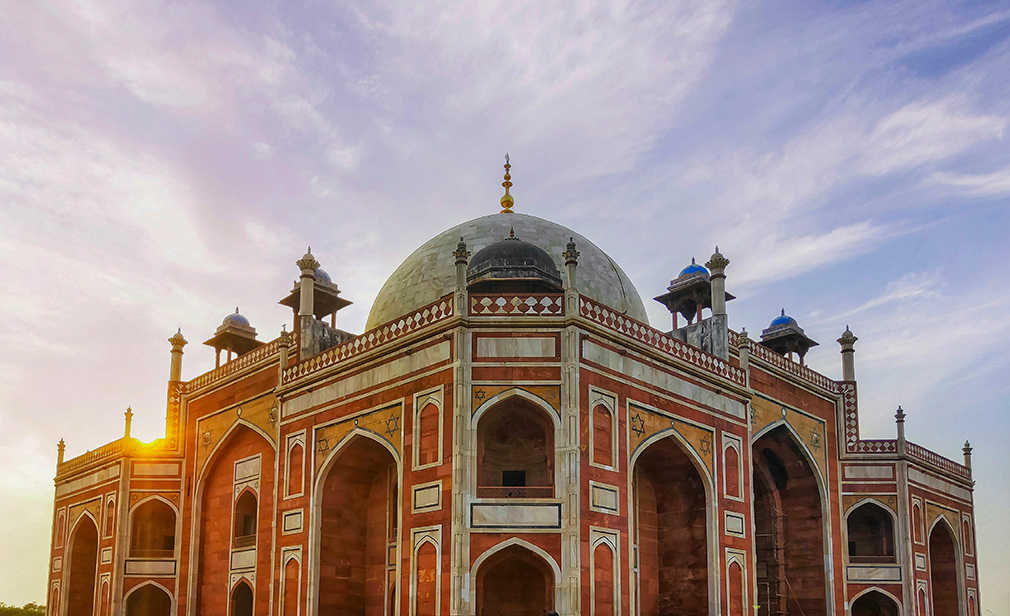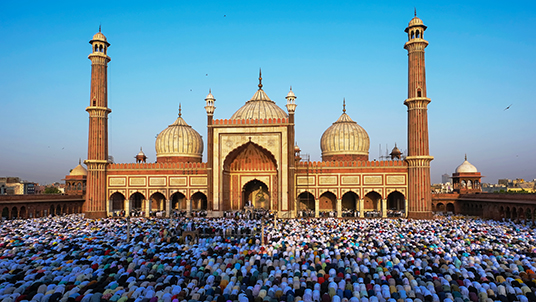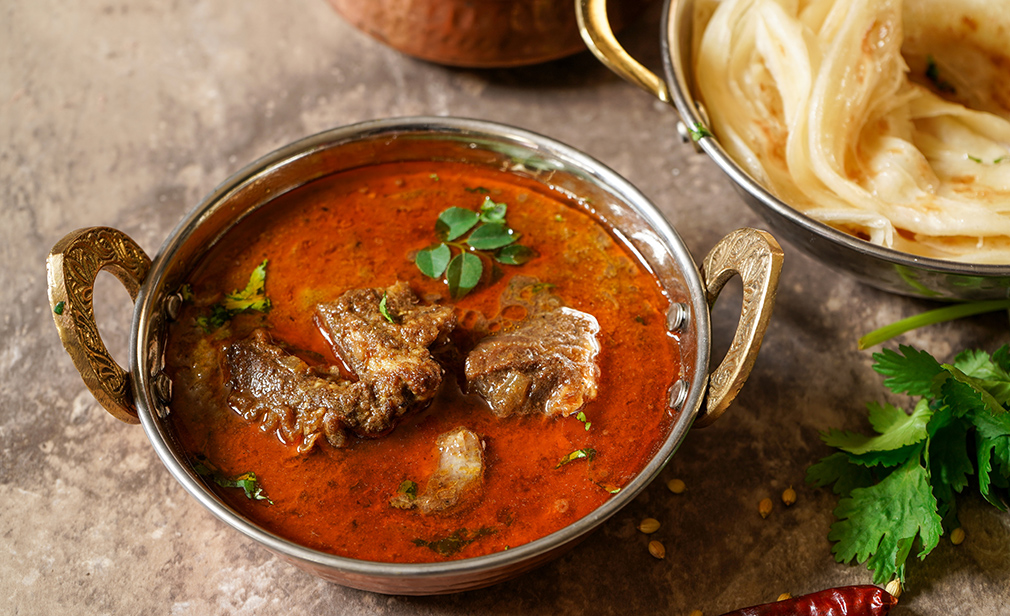The tale of unwavering faith
Celebrating Eid-ul-Adha becomes more meaningful as the poignant tale of Ibrahim’s tale unfolds. It is believed that Allah, in his divine wisdom, decided to test Ibrahim’s devotion and commanded him to sacrifice his son as a tribute. As Ibrahim was ready to sacrifice his son, Allah acknowledged his unwavering faith and intervened through the angel Jibril, who replaced the son with a sacrificial ram. Thus, Eid-ul-Adha is often called Qurban Bayarami which means the ‘Celebration of Sacrifice’ and is a poignant reminder the of devotion between Allah and His followers.
Witness the spirit of Eid
Come and immerse yourself in the grandeur of this historically significant celebration, on the 10th day of Dhu al-Hijjah. As the sun rises, mosques transform into bustling hubs for Eid prayers. Immerse yourself in the solemnity of mandatory prayers and sermons, guided by the words of the Imam. The central tradition of Eid-ul-Adha involves the sacrifice of an animal, a practice called Qurbani. The animal is usually a goat or sheep, the meat of which is divided into three parts: one for the family, one for relatives and friends, and one for charity. Witness the joy of families donning their finest attire, often new clothes purchased for the occasion, gathering around the table, sharing not just food but also stories and laughter.
Eid-ul-Adha beckons everyone regardless of religion, to share their blessings with the less fortunate. Charitable donations and acts of kindness take centre stage, reinforcing the festival's core values of compassion and selflessness.





























